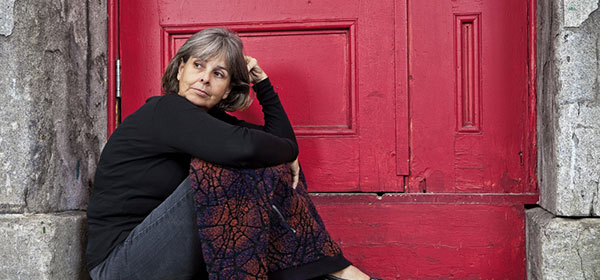I’m a bit of a scrooge when it comes to travel accommodation. Basically, I just want a comfortable clean bed and a shower – good pressure preferred but not essential. A washing machine would be a bonus. I aim to spend the day – every day – out and about, exploring, discovering, eating and drinking. So I’m an ardent Airbnb-er.
However, the rules of engagement in the Airbnb space are changing.
I recently spent two weeks in New York in an Airbnb apartment in the Lower East Side that I’d booked about six months earlier. It’s that competitive! We had no problems – except for a flooding toilet that caused panic stations for 20 minutes – but last month I read about a traveller who found himself locked out of his Airbnb unit in New York on day three because the host had breached the rules. The ‘host’ had been found out by the owner of the apartment who had obtained an emergency eviction order. “All my husband had on him was his laptop, passport and phone,” wrote his wife.
“The following afternoon he returned to the apartment and, fortunately, the janitor led him down to the unlit basement where, by torchlight, he found the rest of his belongings stuffed into garbage bags.
“There was little recourse from Airbnb as they said it was the responsibility of the host to check on legalities of subleasing, and no refund or even apology was issued.”
Scary. I hadn’t realised there were restrictions.
About two years ago, New York State passed a law prohibiting the advertising of short-term rentals. It’s estimated that more than 70 per cent of the Airbnb listings in New York City are illegal.
And the rules are changing in different cities and countries with some cities seriously cracking down on Airbnb rentals because of a shortage of accommodation for locals.
Last month, the New York City Council voted unanimously to significantly restrict Airbnb and other online home rental services. The aim is to prevent landlords and tenants illegally renting out apartments for a few days at a time to tourists.
If the bill becomes law, Airbnb would be required to provide the names and addresses of hosts to the city’s Office of Special Enforcement.
Already, similar restrictions are in effect in San Francisco, New Orleans, Barcelona, Vancouver, parts of London and Palma de Mallorca. Airbnb was banned in Berlin but was allowed again in May – with significant restrictions.
New York City is Airbnb’s largest domestic market, but under state law, it is illegal in most buildings for an apartment to be rented out for less than 30 days unless the permanent tenant is residing in the apartment at the same time.
The New York Times reports that the new disclosure requirements would make it much easier for the city to enforce the state law and could lead to many of the 50,000 units rented through Airbnb taken off the market. After similar rules came into effect in San Francisco, listings fell by half.
There are more than 2 million listings in 34,000 cities and 191 countries, says Airbnb, but that could all be about to change.
Airbnb can be a great budget way to travel. Just make sure you check the changing landscape before parting with your money.
Are you a fan of Airbnb? How would you rate your experiences? Do you have recommendations or warnings?
Related articles:
Ask your hotel for these freebies
World’s most lucrative air route
How to be a responsible traveller

